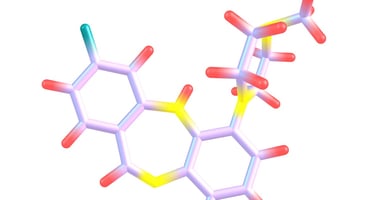Further evidence that cognitive deficits appear in individuals at risk for psychosis well before...
Project Is RAISEing New Approaches to Schizophrenia Treatment
 |
Others are thinking along the same lines. Researchers from Janssen Research and Development recently proposed “a comprehensive model that includes early detection, better access to care, monitoring, and patient-reported outcomes,” according to NIMH Director Thomas Insel, M.D.
“They aren’t just suggesting new health care policy, they are recommending that pharmaceutical [research and development] redefine innovation around a holistic approach to patient needs rather than a singular focus on molecular targets,” wrote Insel yesterday in his blog.
Patients with first-episode psychosis can often be successfully treated with medications, but additional psychosocial interventions known to be useful (such as family education, supported employment, cognitive therapies, assertive case management, or psychiatric rehabilitation) are used only sporadically, if at all, said Insel.
Several groups are now testing the RAISE model to learn how the combination of medication and psychosocial care might benefit both patients and society.
“It’s time to think beyond magic bullets,” concluded Insel.
For more information about early intervention in schizophrenia, see Psychiatric News here and here and Psychiatric Services in Advance here. Also see a study of treatment of first-episode schizophrenia in the new issue of the American Journal of Psychiatry here.
(Image: Lightspring/Shutterstock.com)





